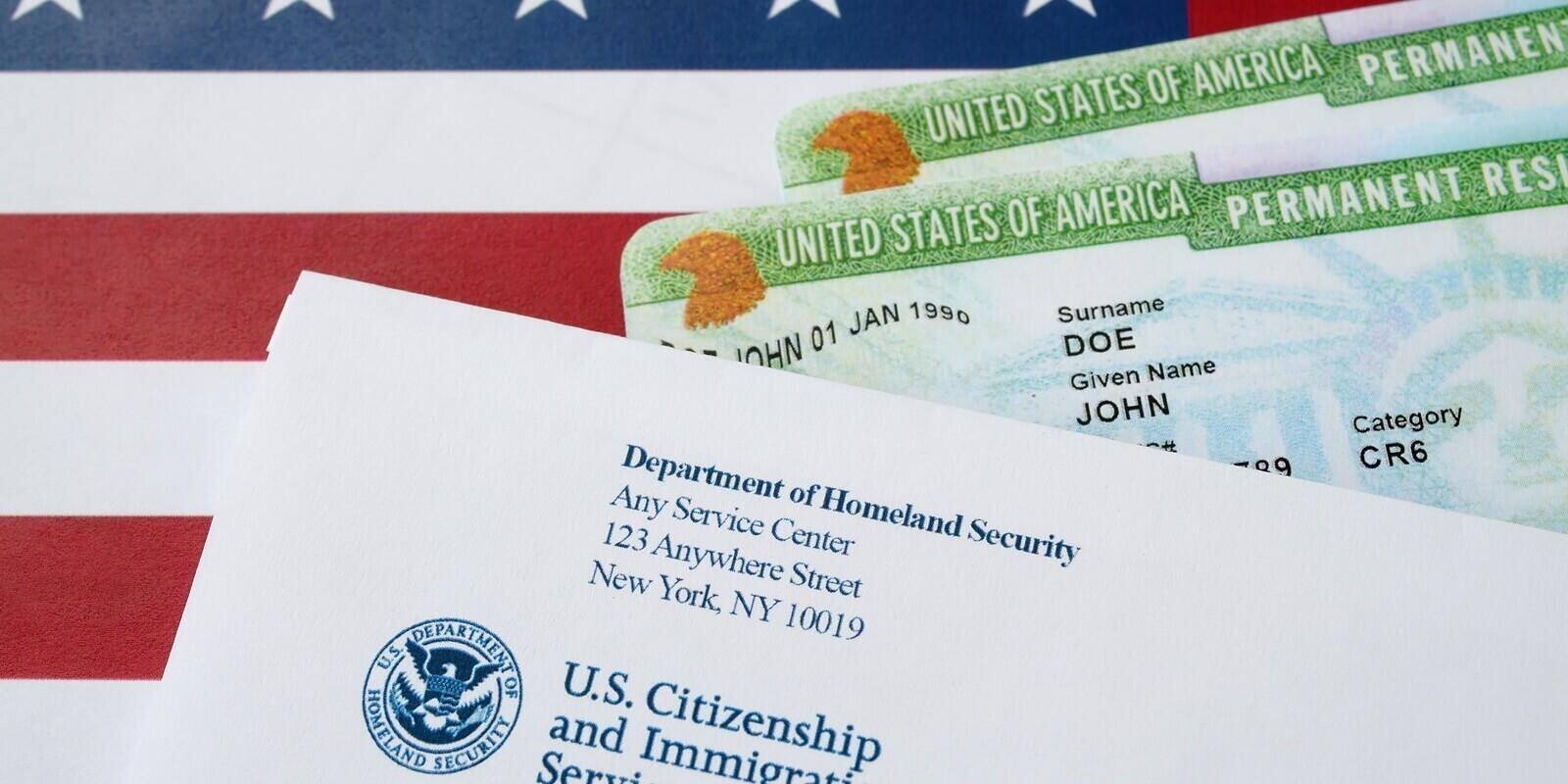For those who receive the status of lawful permanent United States resident, frequently referred to as a green card, there are likely questions about how this impacts tax obligations. As a green card holder, you are treated as a U.S. resident alien for tax purposes and must report worldwide income to the IRS, no matter where you reside or work. Being aware of what this entails for your taxes is important.
When you first receive your green card, your U.S. tax residency generally begins on the initial day you are physically present in the country as a lawful permanent resident, which is the approval date listed by USCIS. If you obtained your green card while overseas, your U.S. tax residency starts when you arrive in the U.S.
How Taxation Applies to Green Card Holders
 The IRS considers green card holders in the same way as U.S. citizens concerning taxation. This means both U.S. source income and any foreign income may be subject to federal tax.
The IRS considers green card holders in the same way as U.S. citizens concerning taxation. This means both U.S. source income and any foreign income may be subject to federal tax.
Income Earned in the U.S.
If employed in the U.S., you will get a Form W-2 from your employer showing wages to report on your Form 1040 annual return. Any other domestic income, such as self-employment earnings, real estate rentals, interest, or dividends, also must be included.
Foreign Income
In addition to U.S. income, green card holders need to report foreign wages, overseas real estate rentals, interest, dividends, pensions, and more. However, you may qualify to omit some or all foreign-earned income if you meet bona fide residence or physical presence tests.
Tax Return Filing and Payment Rules
As with U.S. citizens, green card holders must file Form 1040 to report global income and pay any taxes owed. The income thresholds for submitting this form are the same. You may also need to file Form 1040NR if you only had your green card for part of the year and were a nonresident alien for the other portion, giving you dual tax status.
As a green card holder, you must also pay self-employment taxes on any self-employment earnings, including those from abroad. Typically, estimated quarterly payments are made for expected self-employment tax responsibilities.
Additional Tax Forms and Reporting Requirements
Besides your annual tax return duties, the IRS mandates green card holders file certain information returns reporting overseas accounts and assets. For instance, you must file Form 8938 if the total values of specified foreign financial assets meet or top-set threshold amounts.
You may also need to turn in Form 3520 if you got gifts or inheritances from foreign individuals or trusts. Extra reporting forms such as 5471, 8865, 8858, or 8621 may be necessary if you operate a business internationally or own foreign companies, partnerships, or trusts.
Knowing these supplemental filing duties is important for maintaining U.S. tax compliance as a green card holder. Failure to do so can bring considerable IRS penalties.
Available Tax Credits and Deductions
Despite the need to report global income, green card holders may qualify for certain credits and deductions to reduce U.S. tax liability. If you have kids under 17, you may qualify for the Child Tax Credit, worth as much as $2,000 for each child. And if your income is below set thresholds, the Earned Income Tax Credit can offer a refund.
Those paying self-employment tax on overseas or U.S. earnings can deduct related business expenses. You may request the Foreign Tax Credit for income taxes paid to other countries, which can directly balance out how much you owe in U.S. taxes. Education credits such as the American Opportunity Credit assist in lowering college bills.
Relinquishing or Losing Green Card Status
 At some point, you may wish to voluntarily abandon your lawful permanent resident status by giving up your green card. To properly do so with the IRS, you must submit Form I-407 to USCIS or a U.S. consular officer, along with your actual green card. Getting confirmation that your green card was officially surrendered ends your U.S. tax duties.
At some point, you may wish to voluntarily abandon your lawful permanent resident status by giving up your green card. To properly do so with the IRS, you must submit Form I-407 to USCIS or a U.S. consular officer, along with your actual green card. Getting confirmation that your green card was officially surrendered ends your U.S. tax duties.
Even if your green card expires, you may still have IRS obligations until you formally give it up. So be sure to take the necessary measures to prevent any problems down the road. Depending on your green card tenure, you may also face expatriation tax rules when leaving the country. Obtaining expert guidance is recommended to guarantee full compliance.
Get Assistance with Green Card Tax Issues from Pride Immigration
The tax rules for green card holders can be extremely intricate. You need to track and report all domestic and foreign income, assets, and financial accounts while watching out for assorted penalties and expatriate taxes.
Connecting with an experienced U.S. tax professional can help you understand what is needed, given your situation. A good advisor will explain the complex requirements in simple terms while keeping you compliant. They can also help you claim all available write-offs and credits to reduce your tax bill.
Pride Immigration’s legal experts stay up-to-date on the latest regulations affecting permanent residents. Our team can guide you through the process, connect you with U.S. tax professionals, ensure compliance, and more. Contact us today at (703) 594-4040 or online to book a consultation for reliable green card and tax support.
Beeraj Patel, Esq.
Latest posts by Beeraj Patel, Esq. (see all)
- Impact of Life Changes on Green Card Applications - June 16, 2025
- Common K1 Visa Criminal Background Issues - June 2, 2025
- Does Social Media Have an Impact on Your K1 Visa Application? - May 19, 2025
